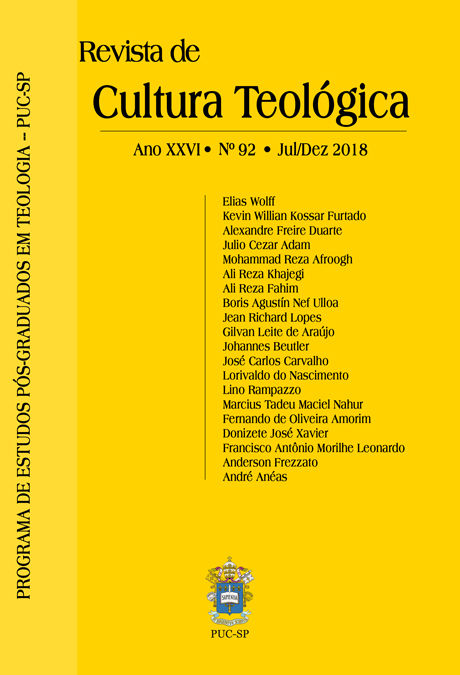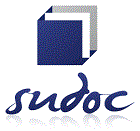From the scale of urban planning to the care of the common house: a submerged agenda of environmental injustice
DOI:
https://doi.org/10.23925/rct.i92.40158Keywords:
urban planning, environmental justice, socio-environmental degradation, submerged agenda, Laudato SiAbstract
Population growth, social mobility fostered by the rural exodus and accelerated process of urbanization transform physical and social Brazilian,’ medium cities. Plans and processes of urban interventions in the context of these transformations are interspersed by relationships between different groups which act in public policies. With self-interest, these groups influence the pattern of use in the urban land and quantify how much financial resources are available to direct actions of the State in the spatial allocation, collective consumption and infrastructure for different segments of society. Thus, direct where and how public resources are invested, generating different access to different services for different people, realizing socio-spatial inequality. This socio-economic context that marks a long relations between State and capital estate in Brazil is interpreted as justification material and historic to understand how the promotion of urban infrastructure in slums in the area of environmental protection and springs. In this context, as advocating "Encyclical Letter Laudato Si: on the care of common home" it is necessary to rethink the relationship between city and nature considering the urban environmental issue as a concept and practice of environmental protection in the process of accelerated social and environmental degradation.Downloads
Published
2018-12-21
Issue
Section
Artigos





